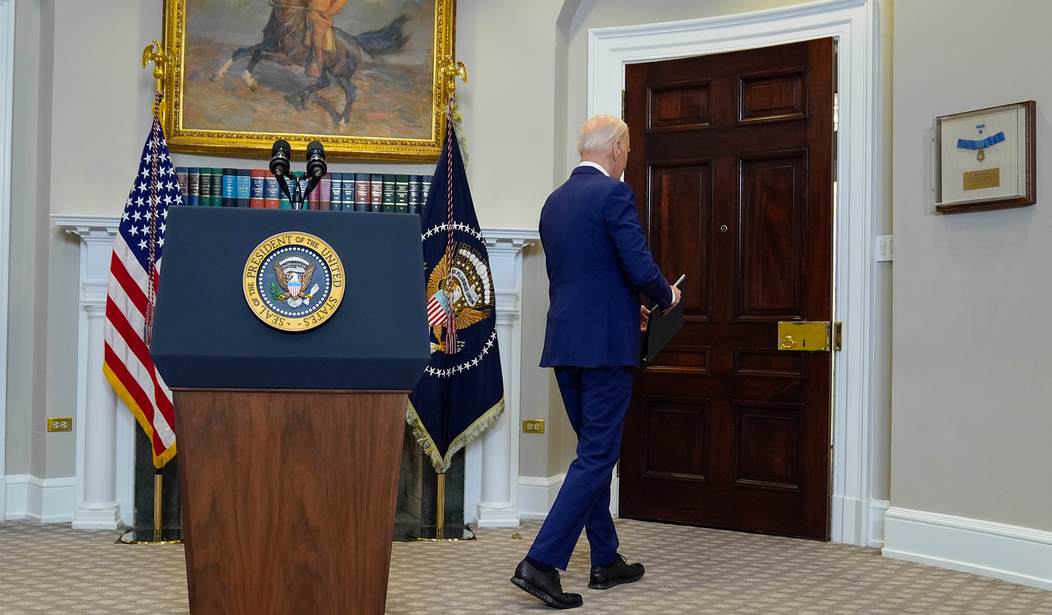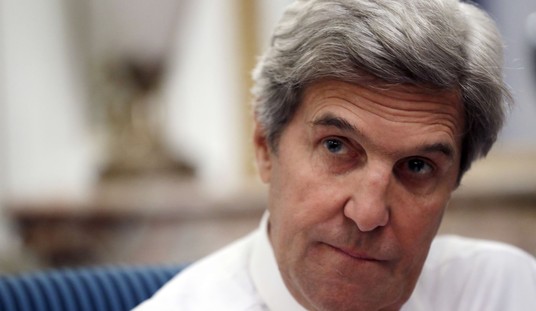Donald Trump won the 2024 presidential election by a significant margin, and people should ask themselves: Why didn't the experts see it coming? Why did pundits think it would be so close when it was not? The impulse that the NYT, the Wapo, and the TV news networks stood guard against was "hidden information." Invisible. Negligible. Yet in the event, powerful. What witchcraft did this? It was hidden by something that many analysts are familiar with: preference falsification, which occurs when people don't disclose their true feelings because they are afraid of being excoriated.
Preference falsification is the act of misrepresenting a preference under perceived public pressures. It involves the selection of a publicly expressed preference that differs from the underlying privately held preference (or simply, a public preference at odds with one's private preference).
The opposition was hiding in plain sight, powerful but invisible. In societies with a significant group membership or community standing focus, the cost of bucking the current orthodoxy is considerable. Conformity is enforced. An extreme example was the Cultural Revolution era in Mao’s China, where sons actually denounced their own mothers for expressing views contrary to those of the Great Helmsman. In the West, things were never so dire, but the threat of being canceled was often serious enough to still tongues or silence a room.
“[Cancel culture is] destroying a person’s career or reputation based on past events in which that person participated, or past statements that person has made, even if their beliefs or opinions have changed.”
Cancel biased the sample results. Because the awareness of Cancel is greater among men than women and the young than the old, the college-educated it could hide where least expected. To an indeterminate degree, Cancel hid or distorted information behind a veneer of outward conformity. The establishment thought it was strong where it was not. Preference falsification is not simply light camouflage but — especially in authoritarian societies — so thorough that the secret police cannot get past it.
It is a danger and an opportunity for everyone. The first task of any who would challenge the establishment is to discover whether this secret flame of resistance actually exists and, if necessary, even create it where it lies cold. It cannot simply be assumed to be there. Jean Bastien-Thiry, who led a plot against Charles de Gaulle, made famous in the movie "Day of the Jackal," mistakenly thought all France was on his side. But he was wrong. Of Bastien-Thiry, de Gaulle contemptuously said, "the French need martyrs… They must choose them carefully. I could have given them one of those idiotic generals playing ball in Tulle prison. I gave them Bastien-Thiry. They'll be able to make a martyr of him. He deserves it."
But as it turned out, the MAGA campaign did not imagine the dissatisfaction they could tap against the establishment, perhaps because there were many minds behind the Trump campaign. Unlike the better-disciplined Democrats, the MAGA bus never had the benefit — or disadvantage — of a top-down chain of command from a high Tower. There were too many volunteers, too many loose cannons, too many quasi-sovereign princelings — like Musk, Ramaswamy, Vance, Kennedy, Gabbard, Ackerman — to enforce anything like a single point of view. Too much light trickled in to create a monolithic GOP party line. The result of this "disorganization" was the Trump campaign could "see" the hidden information the big establishment newspapers and TV networks filtered out. They could visualize on wavelengths the Harris campaign did not even acknowledge existed. And being able to "see" the preference falsification, they could speak to it directly.
The more perceptive liberal commentators heard snatches of crosstalk between the Trump campaign and the electorate that they couldn’t decipher and surmised something was going on. Anne Applebaum thought Trump was using the secret language of Hitler, Mussolini, and Stalin but dismissed it as the ravings of a madman rather than a signal she should analyze. What she was actually doing was filtering out the preference falsification that was showing up on her display. Seeing a huge blip on the radar, she highlighted it with a cursor and blotted it out.
Related: Losing the Ability to Trust Just When We Need It Most
In the end, Donald Trump was elected not simply because people voted for him but because even more voted against many things. Against open borders, high prices, out-of-control crime, stifling regulation, hidden censorship, and heavy-handed social policy. What MAGA did was build a powerful coalition out of things that supposedly didn’t exist but actually did.
The MAGA side consequently had a huge information advantage over the self-blinded left, and that gave the rebels a power the establishment never expected to see. That is the reason why, though it seemed so close, the election outcome proved a lopsided contest. That unsuspected force brought down more than Kamala Harris, who was given the thankless job of not only defending the indefensible but was totally overmatched by the forces that actually showed up. They swept past Kamala to topple the Tower of Obama. Those lofty battlements, from which the bat-like forms of the latest sendings of intersectionality had long issued, toppled over like cardboard from across the distant plain. Tall and strong they had seemed, buttressed by universities, newspapers, and TV networks, but they were blind and brought down by what they did not see. The Third Term of Obama is ended.










